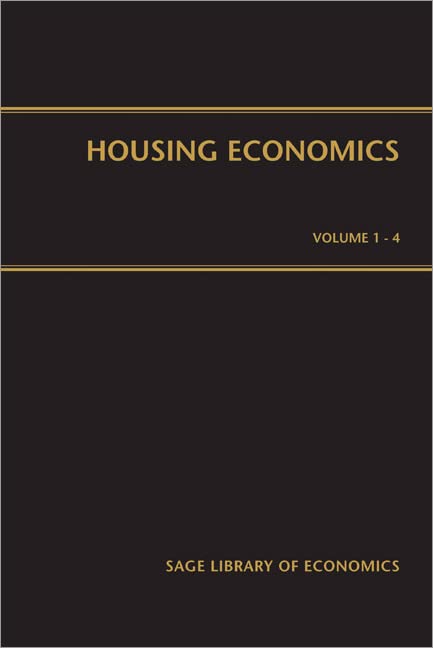Housing Economics
Availability :
In Stock
₹ 65,852.00
M.R.P.:₹ 82315
You
Save: ₹16,463.00 (20.00% OFF)
(Inclusive
of all taxes)
Delivery:
₹ 0.00 Delivery charge
Author:
Alex Marsh
Publisher:
SAGE Publications Ltd
Edition:
1st Edition
ISBN-13:
9781849200189
Publishing Year:
2011-06-01
Weight:
3 kg 810 grm
Language:
English
Book Binding:
undefined











